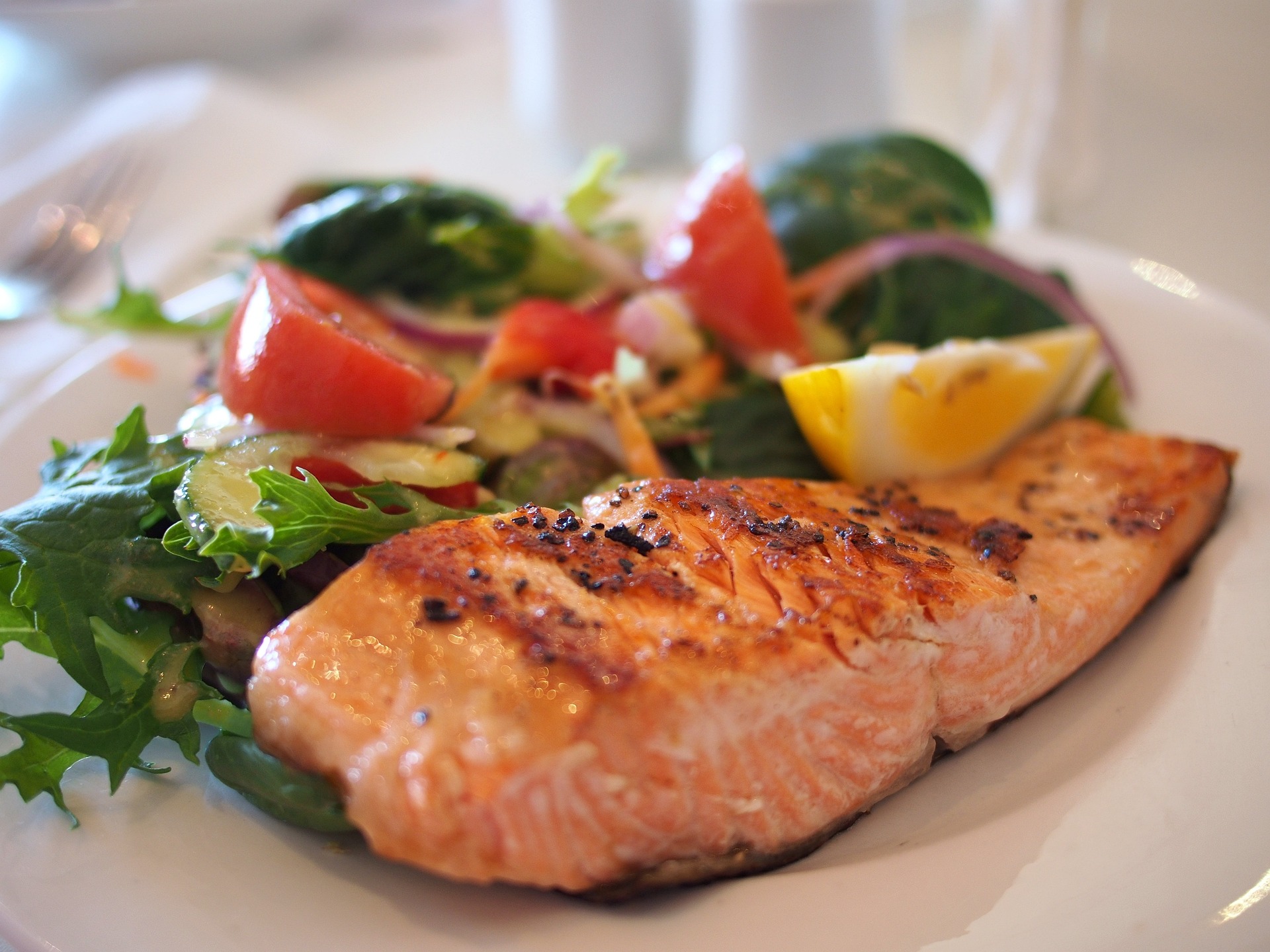Discovering Unexpected Delights: The Intrigue of Israeli Cuisine
Israeli cuisine is a melting pot of flavors, cultures, traditions, and histories. It's a vibrant fusion of Middle Eastern and Mediterranean influences with a dash of Eastern European heritage. This article takes you on a culinary journey to explore the dynamics of Israeli cuisine, its intriguing food trends and the innovative techniques that make it a food lover’s paradise.
A Taste of Tradition
Israeli cuisine is deeply rooted in Jewish dietary laws and traditions, which have shaped the food culture over centuries. The emphasis is on fresh, seasonal, and locally sourced ingredients. The traditional Israeli breakfast, for example, is a wholesome spread of salads, cheeses, bread, eggs, and olives, reflecting the Mediterranean influence.
The Israeli Food Revolution
While tradition forms the backbone of Israeli cuisine, there has been a recent wave of innovation. Chefs are reinventing classic dishes with modern techniques and global flavors. Shakshuka, a classic Israeli dish of poached eggs in a tomato and pepper sauce, is now being served with varied toppings like feta, avocado, or even seafood.
The Hummus Phenomenon
Hummus, a creamy chickpea spread, is a staple in Israeli cuisine. It’s traditionally served with warm pita bread and is enjoyed across the country. But hummus in Israel is not just a side dish, it’s a whole meal! There are entire restaurants dedicated to hummus, where it is served with an array of toppings, from ground meat and mushrooms to boiled eggs and pickles.
The Rise of Israeli Wineries
Israel’s wine scene is burgeoning. The country’s diverse climate and fertile soil provide an ideal environment for vineyards. Israeli wines are gaining international acclaim for their quality and unique flavors. Cabernet Sauvignon, Merlot, and Chardonnay are some of the popular grape varieties grown here.
Street Food: Shawarma and Falafel
Street food is integral to Israeli cuisine. Shawarma, spiced meat roasted on a rotating spit, and falafel, deep-fried chickpea balls, are popular street foods. They are typically served in a pita bread with salads, pickles, and tahini sauce. These dishes reflect the influence of Middle Eastern cuisine in Israel.
Insights into Israeli Cuisine:
-
Shakshuka, a favorite breakfast item, originated in North Africa.
-
Hummus, a staple in Israeli cuisine, is often eaten with every meal.
-
Israeli wines are gaining international recognition for their quality.
-
Street food like Shawarma and Falafel are savored across the country.
The allure of Israeli cuisine lies in its diversity and the seamless blend of tradition and innovation. Whether it is the hearty traditional breakfast, the innovative variations of shakshuka, the obsession with hummus, the burgeoning wine scene, or the vibrant street food culture, Israeli cuisine is a gastronomic journey waiting to be explored. So, the next time you’re in the kitchen, why not try adding a little Israeli flair to your cooking? It might just be the culinary adventure you’ve been waiting for.





